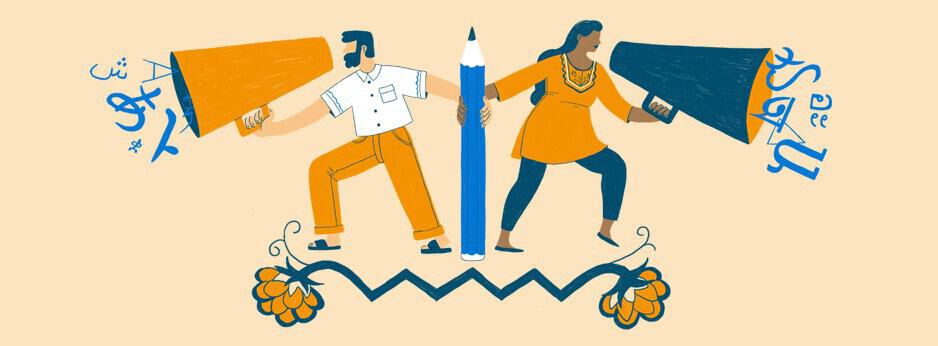I take reading so much for granted that the first thing that comes to mind when I imagine myself not being able to read is that I would miss out on all the great books I enjoy. Reading is my primary source of entertainment, and I read an average of a book a day. No television or movies or sports for me—give me a book, and I’m happy. Reading for pleasure is such as huge part of my life that I really can’t envision life without that joy.
But beyond pleasure, imagine what life would be like if you couldn’t read. You wouldn’t know what this blog post says, which wouldn’t be a great loss. But you couldn’t fill out a job application if you needed a job, and you wouldn’t even be able to do most jobs. You wouldn’t be able to make a grocery list or read a recipe or find an address. You could expose yourself to danger because you couldn’t read warning signs. You would miss out on the spiritual benefits of reading the Bible. You would not be able to improve your condition in life because you couldn’t do the most basic tasks.
According to UNESCO, that is the reality for 750 million adults, two-thirds of them women. September 8 each year is designated as International Literacy Day to raise awareness and advance literacy.
Since 1967, International Literacy Day (ILD) celebrations have taken place annually around the world to remind the public of the importance of literacy as a matter of dignity and human rights, and to advance the literacy agenda towards a more literate and sustainable society. Despite progress made, literacy challenges persist, and at the same time the demands for skills required for work, evolve rapidly.
I thank God for the blessing of literacy and pray that those who don’t have it gain it.

